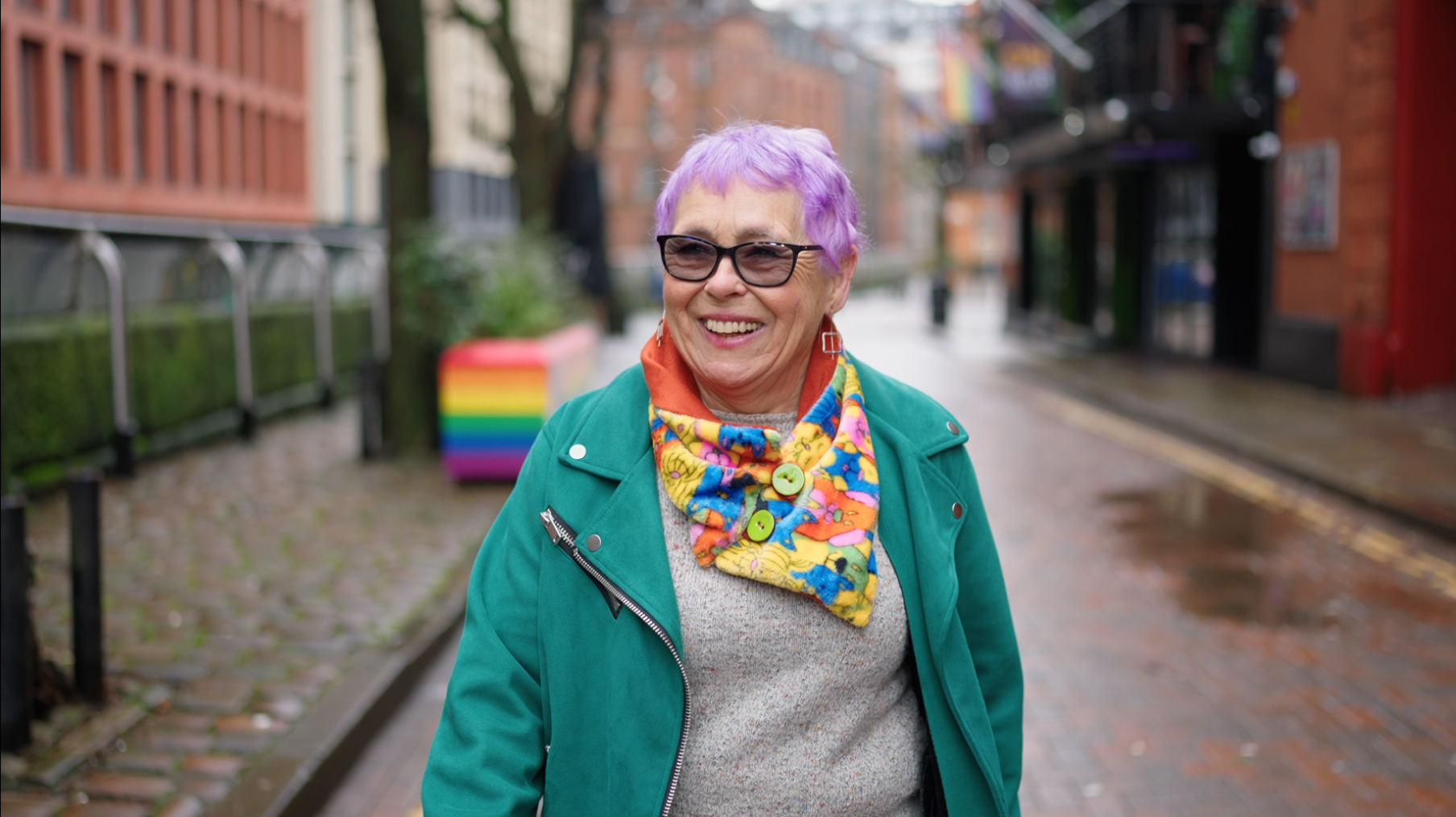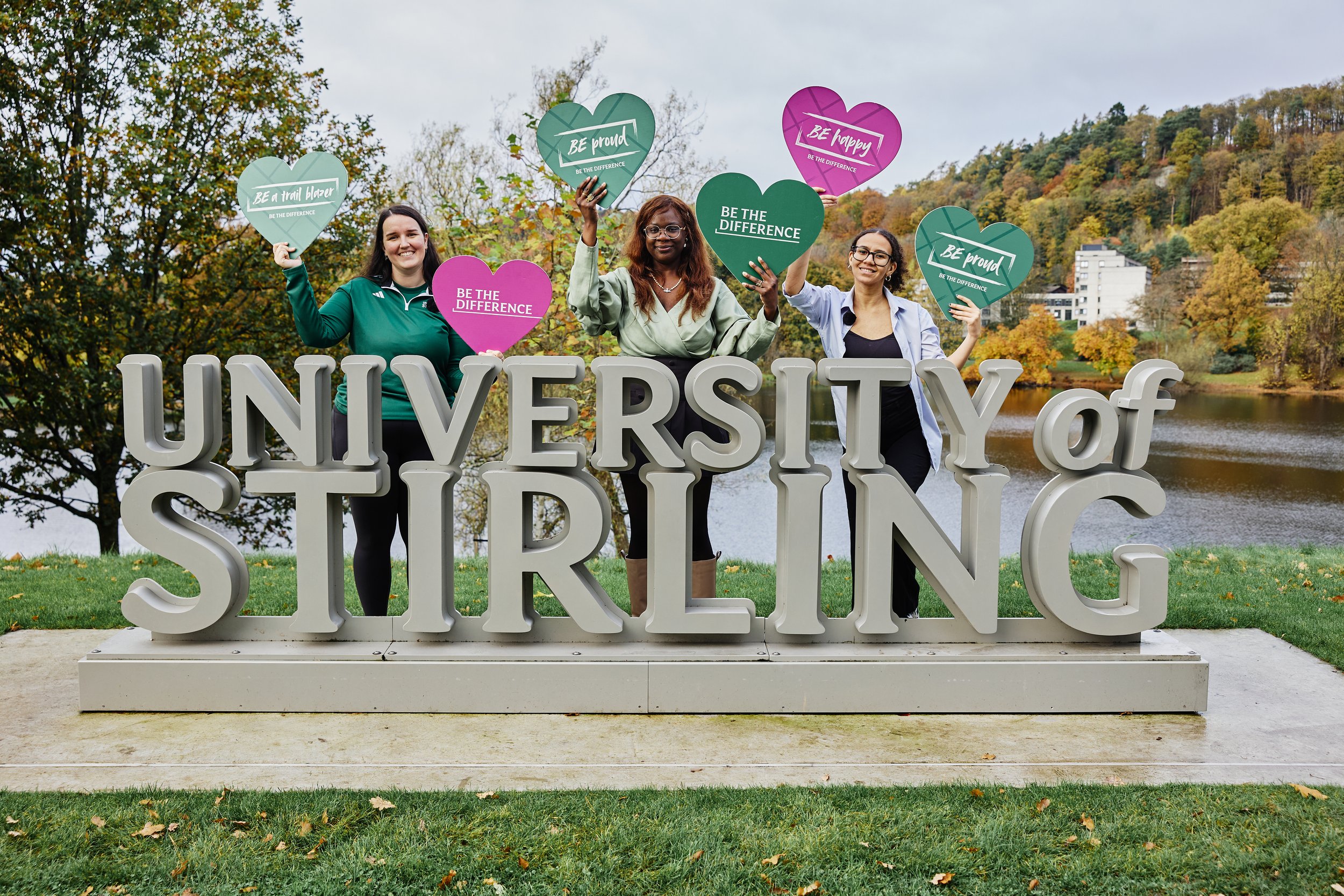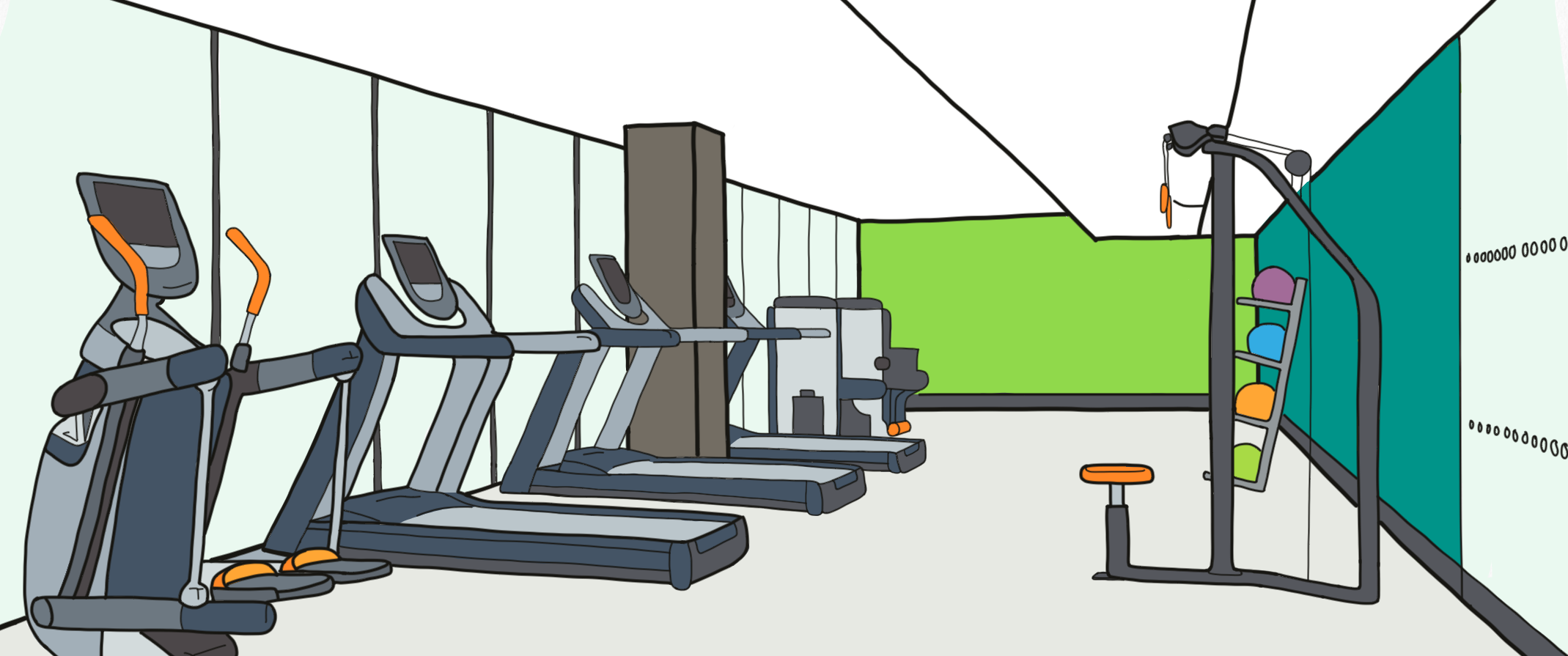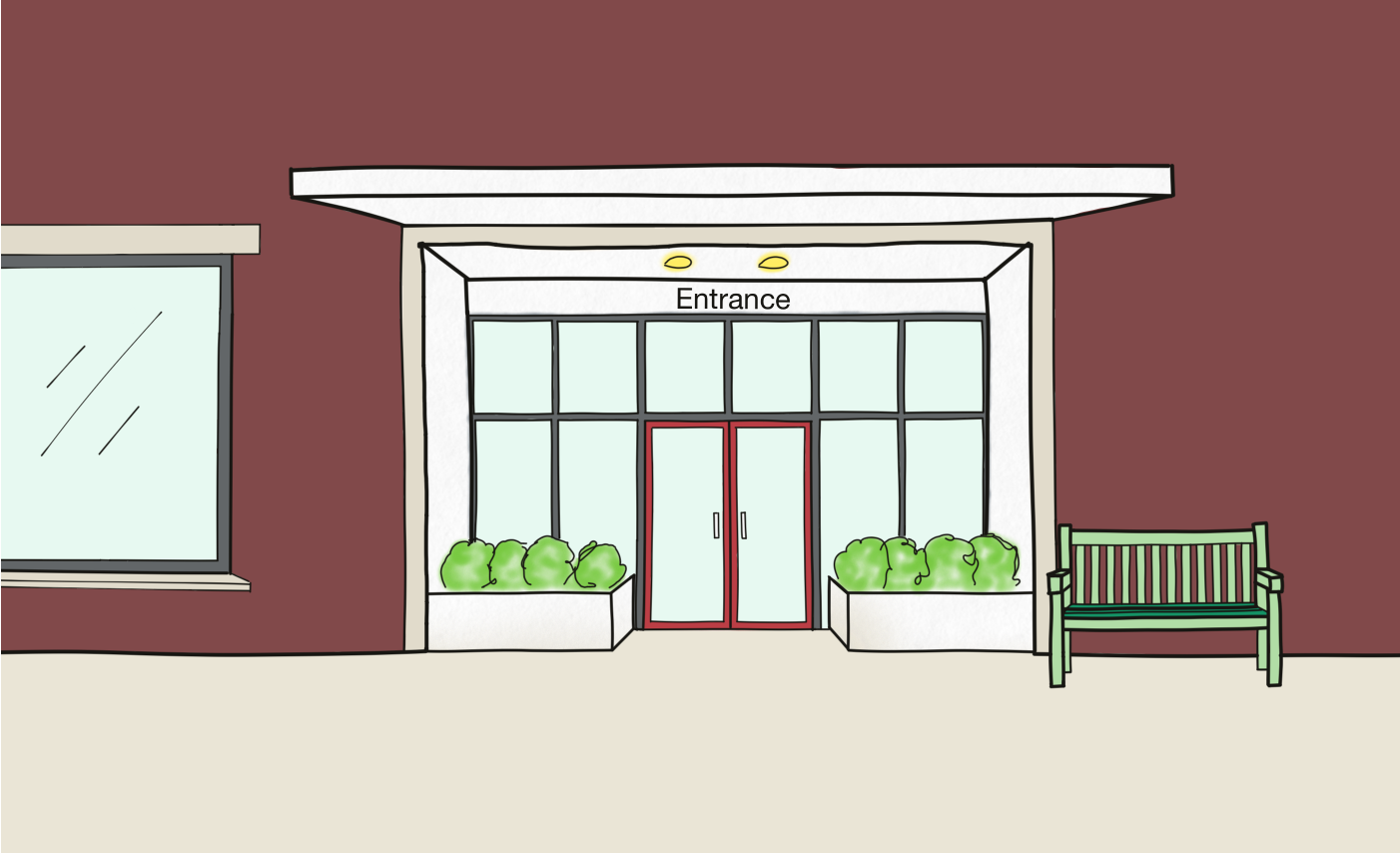News Search
Welcome to our News Search. You have arrived here because you have searched a category, tag, year, or month. Below you can find the results of your search. Alternatively, you can return to the News Page using the button.
Filter by:
Tag
- Additional Support Needs
- Art
- Australia
- Best Practice
- Best Practice in Dementia Care
- CEDAR
- Care
- Carers
- Carers Hub
- Changes in Presentation
- Community
- Consultancy
- Delirium
- Design
- EADDAT
- Events
- Housing
- International
- Japan
- LGBTQ+
- Life Story
- Meaningful Engagement
- News
- Policy
- Product Accreditation
- Research
- Scotland
- Signage and Wayfinding
- Sweden
- Technology
- Training
- University of Stirling
- Young Onset Dementia
- care
Month
- January 2026
- November 2025
- October 2025
- September 2025
- August 2025
- July 2025
- June 2025
- May 2025
- April 2025
- March 2025
- February 2025
- January 2025
- December 2024
- November 2024
- October 2024
- July 2024
- May 2024
- April 2024
- March 2024
- January 2024
- November 2023
- July 2023
- June 2023
- May 2023
- April 2023
- February 2023
- January 2023
- September 2022
- August 2022
- July 2022
- June 2022
- May 2022
- April 2022
- February 2022
- November 2021
- October 2021
- September 2021
- October 2020
- September 2020
- July 2019
- June 2019
- April 2019
- March 2019
- February 2019

Addressing the Unmet Needs of Older LGBTQ+ Individuals and Those Living with Dementia
Older LGBTQ+ individuals face unique challenges as they navigate ageing, particularly when living with dementia. Despite significant progress in LGBTQ+ rights, this community often encounters barriers to accessing culturally competent care that respects and affirms their identities. These unmet needs are further complicated by conditions like dementia and HIV-Associated Neurocognitive Disorder (HAND), highlighting the urgent necessity for tailored support and training for health and social care professionals.

PhD Funding Available
The Centre for the Sciences of Place and Memory, a new Leverhulme-funded interdisciplinary centre based in the Faculty of Arts & Humanities, is recruiting 2-4 fully funded PhD studentships to study dynamic relations between place and memory at multiple timescales and levels, and how people navigate together in space and time.

Giving Tuesday
Giving Tuesday is a global celebration of kindness, a day for people to come together and support causes close to their hearts. This year, we invite you to be part of something truly meaningful at the University of Stirling.

University of Stirling Researchers building partnership and collaboration with Kenyan partners
The challenge of dementia in Kenya is under-researched, with very limited data on the prevalence and impact on the local community. The societal implications of an ageing population, the rise of dementia, and the effects of social and economic change are not well mapped and are certainly multi-faceted and complex.

Visiting PhD student experience in Stirling: Xiaolin Shen
“Hello everyone, my name is Xiaolin. I'm a visiting PhD student at the Division of Dementia and Ageing in the Faculty of Social Sciences at the University of Stirling, under the mentorship of Professor Richard Ward. I am visiting from the Design Department at Politecnico di Milano.”

Centring the lived experience of dementia within policy, practice, and community development
Centring the lived experience of dementia within policy, practice and community development (ENACT-DEM project) is an ESRC-funded international research project led by a team at the University of Stirling in collaboration with a team in London, Canada and Germany. ENACT-DEM brings various opportunities for greater collaboration and understanding of ageing and dementia in a Western global context.

Navigating the Frontiers of Dementia: ADI Conference 2024
The 36th Global Conference of Alzheimer’s Disease International took place in Kraków, Poland, last week. Experts around the world came together under the theme of ‘Dementia: Insights. Innovations. Inspirations’ and shared information on achievements, innovations, and best practices in dementia research, care, and policy.
DSDC Senior Dementia Consultant, Dave Wilson-Wynne, attended and represented the University of Stirling and our Centre. Here is what he said about the experience:

Nurolight®: sleep, light and dementia
For 18 months our DSDC researchers explored sleep, light and dementia. Our project Nurolight® assessed bright Light therapy – a form of using artificial light to retrain the natural
We asseused sers subjective visual comfort levels using a variety of different lighting conditions with varying levels of illuminance.

A New Dementia Strategy for Scotland - Literature Review
The University of Stirling is proud to have been commissioned by the Scottish Government to conduct a review of current dementia research for the purposes of informing the development of the new Dementia Strategy for Scotland.

20th Anniversary of the Online MSc in Dementia Studies - Save the date
The MSc in Dementia Studies is celebrating 20 years of online delivery. This internationally renowned programme has been developing leaders in dementia care from across disciplines and from around the world for the past two decades and the teaching team and our alumni have much to share and to celebrate.

Environments for Ageing and Dementia Design Assessment Tool (EADDAT) Launches
The Environments for Ageing and Dementia Design Assessment Tool (EADDAT) has now launched!

Scotland’s Housing Festival 2022
Lesley Palmer spoke at this year’s CIH Scotland’s Housing Festival around findings for the dementia and housing sub-group.

Environments for ageing and dementia
Research tells us that age-friendly environments can help foster healthy and active ageing by building and maintaining cognitive capacities across the course of our lives.

Living with dementia when you are deaf
The British Deaf Association (BDA) has been working tirelessly over the last few years to create dementia resources for the deaf community.

Resistance training to improve frailty in older adults
Resistance training in frail older adults is effective in delivering significant improvements in functional capacity and strength, according to a new study by the University of Stirling.

Knowing What To Say and How To Say It
A recent project, ‘Knowing what to say and how to say it’, focused on people’s experiences of talking about health issues, in particular deafness and dementia. The aim of the project was to understand how people felt discussing certain health issues; were they comfortable bringing up the subject(s) or were they more apprehensive.

Mastering everyday technology
Periods of lockdown during the pandemic have meant considerable changes for many, including finding alternative ways to communicate with loved ones. Being unable to physically see friends, hug family and talk face-to-face with neighbours has resulted in finding new and inventive ways to maintain connection.

Designing Homes for Healthy Cognitive Ageing
What we want and need is always changing, and those changes can become more noticeable as we get older. The DesHCA Project is exploring how people can adapt their homes to make them more supportive as they age.

Understanding the connection between Covid-19 and delirium
Delirium can be a sign of infection and/or some other form of ill-health in the frail elderly. Unfortunately these days we have yet another potential cause of delirium, COVID-19.

Transforming the deaf dementia experience
The British Deaf Association (BDA) have developed the project ‘Transforming the Deaf Dementia Experience’. The project is a community interest initiative supporting deaf people, and their carers, who are living with a diagnosis of dementia. Through the provision of accessible resources (also available in British Sign Language (BSL)) the project aims to promote a better understanding of dementia within the deaf community.

